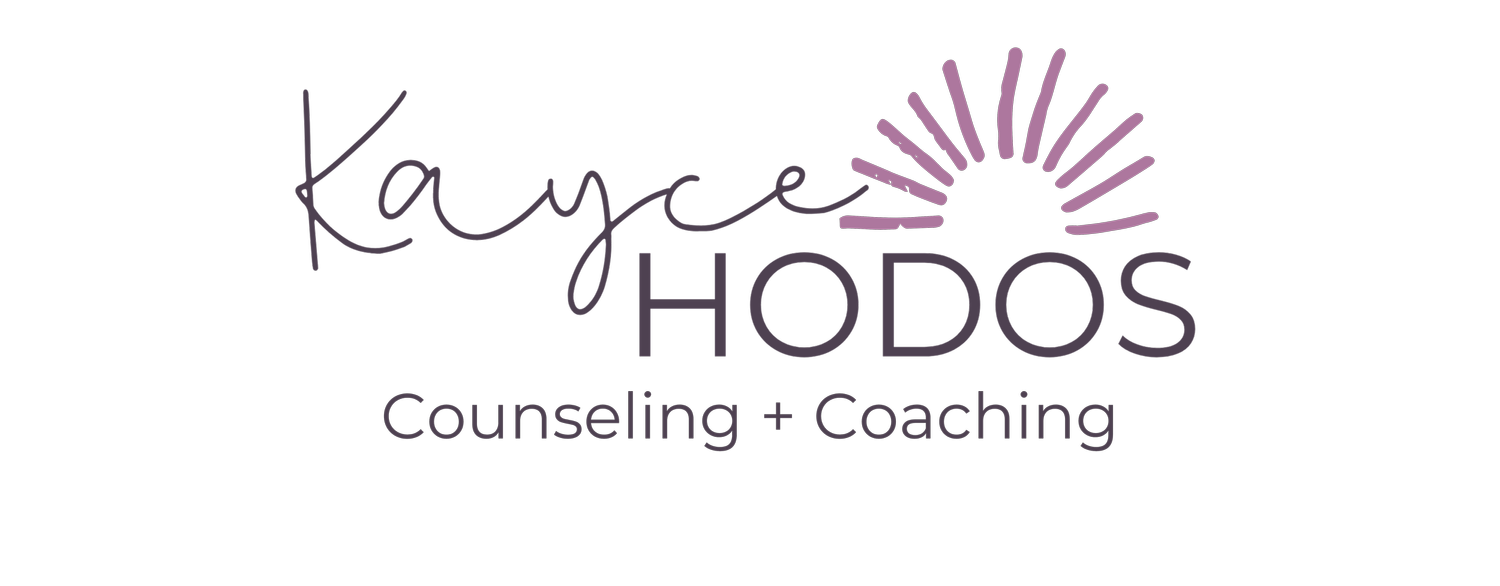Ten Realistic Strategies For Managing Postpartum Anxiety
If you’re pregnant or you’ve given birth in the past year and you’ve been experiencing intrusive thoughts (they can get pretty dark but are not suicidal) and overwhelming nervousness and irritability, you may be struggling with a Perinatal Mood and Anxiety Disorder.
In case you aren’t aware of the statistics, postpartum mood disorders, such as postpartum depression and anxiety are the #1 complication of childbirth.
Our cultural expectations of women and the lack of support for them is a huge part of the problem, not something that’s broken inside you. And even if you’re genetically predisposed to anxiety and depression, that’s not your fault.
As a licensed therapist certified in perinatal mental health, I have a few things to offer on this topic, and they’re all grounded in reality and science.
The #1 Complication of Childbirth May Surprise You
Even after experiencing postpartum anxiety myself, I was shocked to learn that Perinatal Mood and Anxiety Disorders (PMADs) are the #1 complication of childbirth. PMADs is an umbrella term used to refer to postpartum depression, postpartum anxiety, pregnancy/postpartum OCD, PTSD, insomnia, postpartum psychosis, and postpartum bipolar.
Of all the things you’ve worried about your entire pregnancy, you may not have considered that the risk of a mental health condition was much higher than the risk of any of the other terrible outcomes you’d played out in your head.
